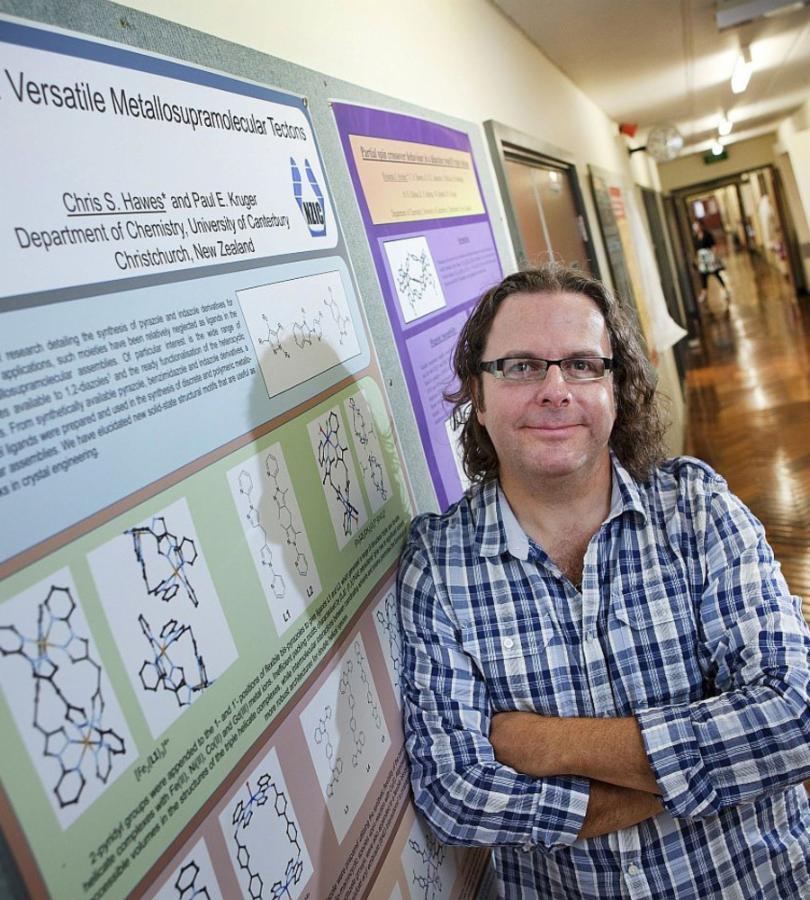Atmospheric carbon dioxide (CO2) is at its highest level in 3 million years; a time when Earth was ~3 °C warmer. Worse, the inexorable rise in CO2 emissions continues. To prevent further climate change phenomena a massive reduction in CO2 concentration is required. Current CO2 capture technologies are not fit-for-purpose and innovative new technologies are demanded. The need for energy-efficient, robust alternatives for CO2 capture prompted us to investigate novel porous materials as physisorbents. Metal-organic frameworks (MOFs) are a class of materials that act as molecular sponges to suck up gas molecules. Consisting of metal atoms or clusters joined periodically by organic and inorganic linking species, MOFs contain pores that can be designed at the molecular level. We will build upon our recent landmark discovery to make new MOFs that capture CO2 while suppressing the uptake of competing gases. This will be achieved by combining our expertise in molecular engineering with a deep knowledge of adsorption phenomena.
Our research will deliver MOFs with high selectivity for CO2, rapid adsorption kinetics, stability and recyclability. These benchmark CO2 capture materials will find applications in environmental remediation and lead the drive toward our low carbon future.
Supervisors
Supervisor: Paul Kruger
Key qualifications and skills
B.Sc. (Hons) or M.Sc. or equivalent in chemistry or materials science with an emphasis on molecular science.
Does the project come with funding
No - student must be self-funded
Final date for receiving applications
Ongoing
Keywords
Carbon dioxide; chemistry; remediation; capture; MOFs


